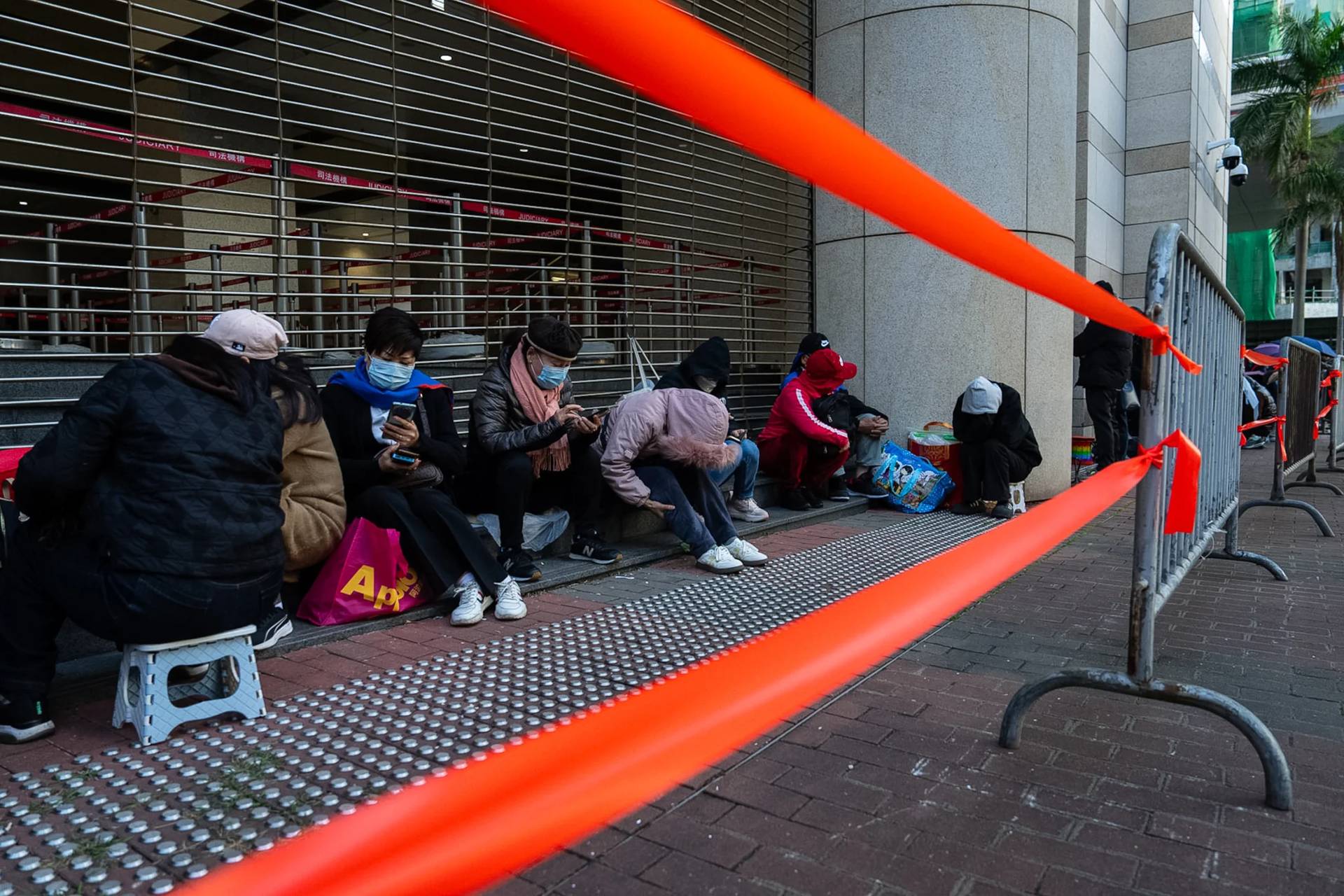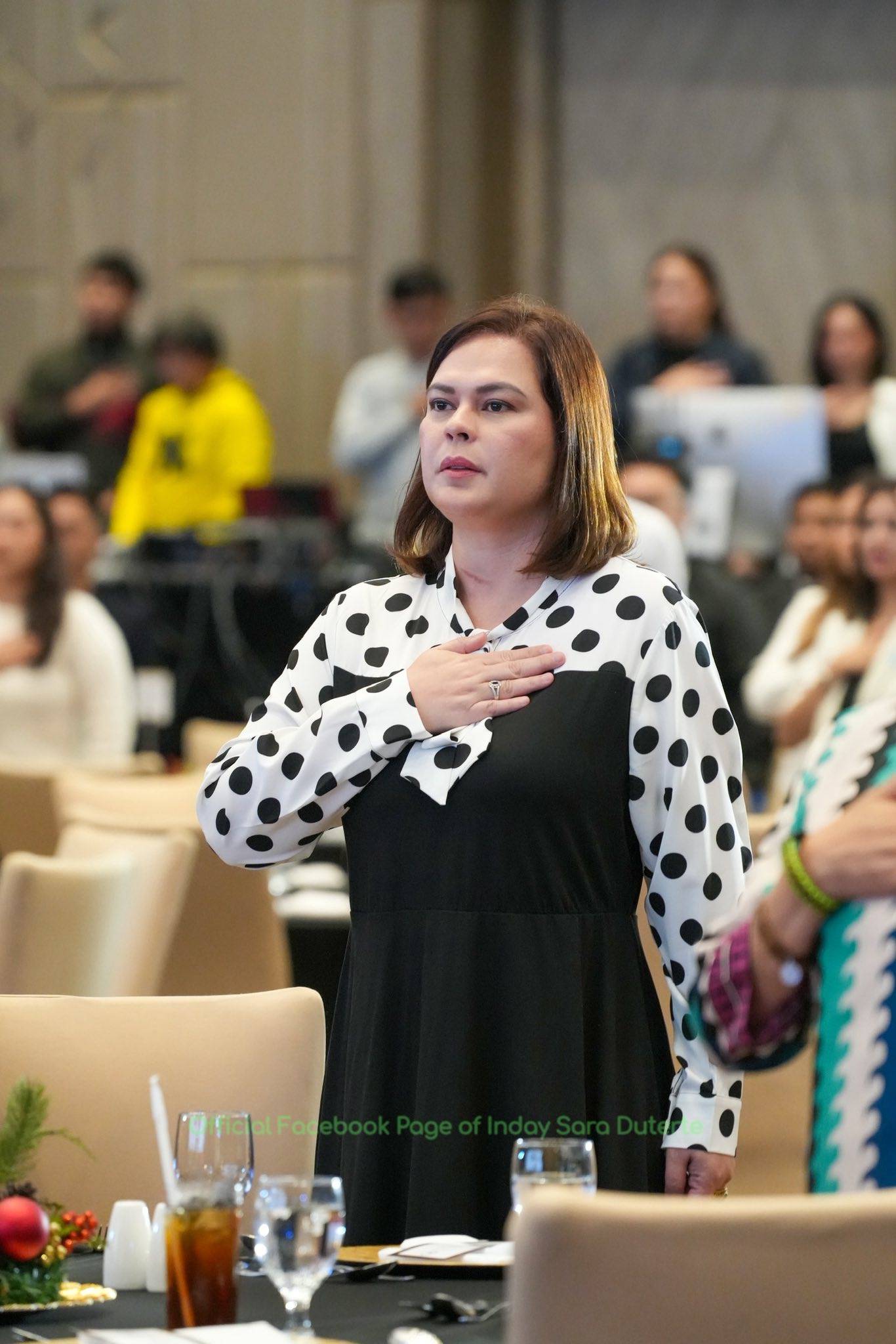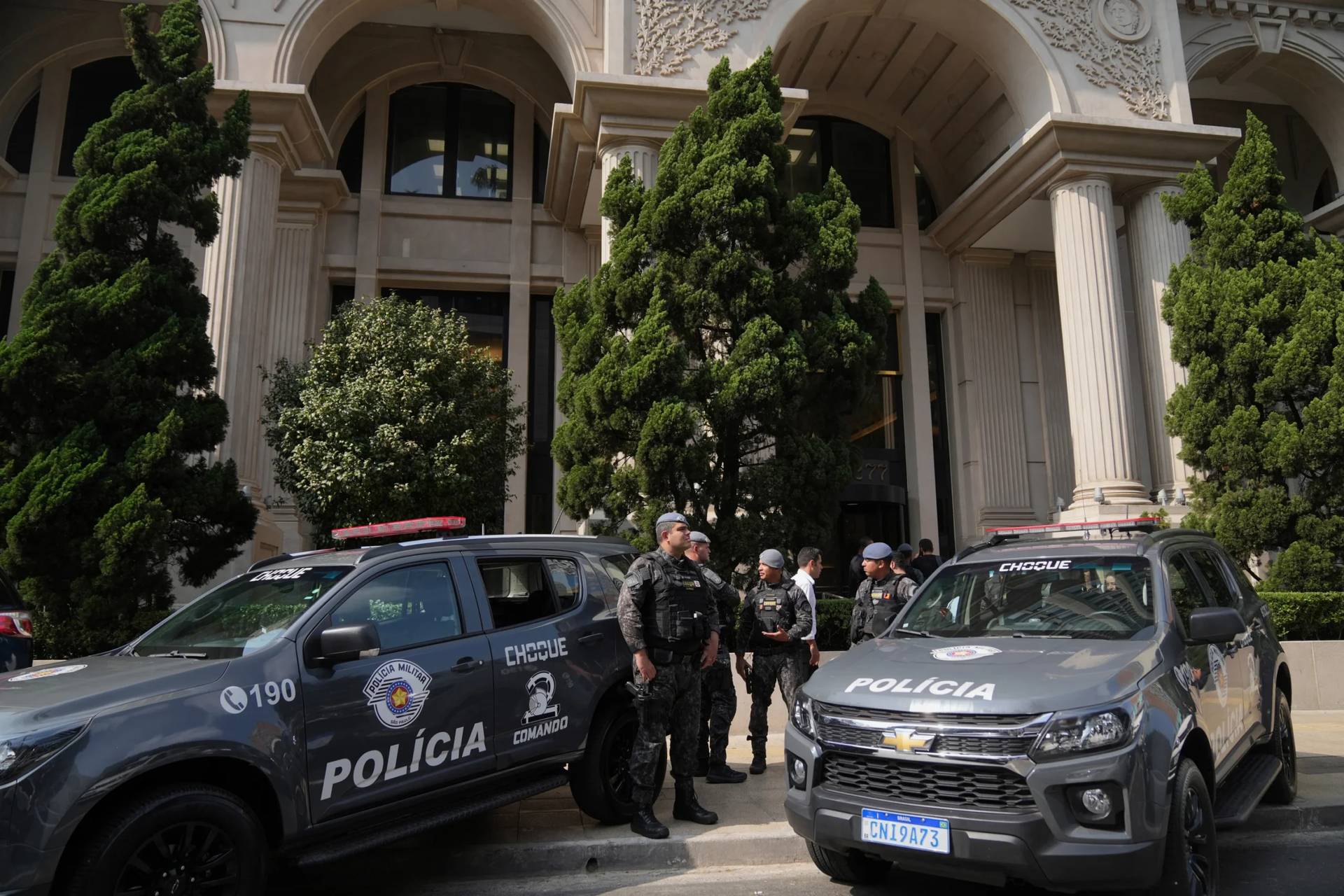CANBERRA, Australia — Australia’s prime minister said on Thursday he will apologize to victims of child sex abuse in churches and other institutions over decades.
The apology follows a five-year government-commissioned inquiry into how institutions including schools, orphanages and sports clubs responded to sexual abuse of children in Australia over 90 years.
Australia’s Royal Commission into Institution Responses to Child Sexual Abuse delivered its final 17-volume report and 189 recommendations following a wide-ranging investigation in December.
The report heard the testimonies of more than 8,000 survivors of child sex abuse. Of those who were abused in religious institutions, 62 percent were Catholics.
“On behalf of the nation, I will deliver that apology before the end of the year,” Prime Minister Malcolm Turnbull told Parliament.
“As a nation, we must mark this occasion in a form that reflects the wishes of survivors and affords them the dignity to which they were entitled as children, but which was denied to them by the very people who were tasked with their care,” he added.
RELATED: Has Australian commission weakened the reformers on sex abuse?
A survivor-focused reference group would be appointed to advise on the form and content of the apology, he said.
The government has also urged states to sign on to a program to provide compensation to the victims from July. The federal government has been criticized by some survivors for proposing to deny compensation to abuse victims who grew up to become abusers or were convicted of serious crimes.
Victims’ advocates welcomed the apology as a first step.
Leonie Sheedy, chief executive of Care Leavers Australasia Network, which represents children raised in orphanages and foster homes, said institutions that allowed abuse should join the prime minister in apologizing.
“They should apologize to the nation as well. They had a duty of care to us and they failed miserably,” Sheedy said.
In response to the report by the royal commission, the Australian bishops’ conference issued a statement on Feb. 5 declaring Feb. 14-17 to be ‘Days of fasting and reparation in sorrow for child sexual abuse.’
“With the Royal Commission concluded, our country and our Church enter into a new moment,” the statement said.
“We are calling upon the Catholic community in Australia to embrace this new moment by beginning the penitential season of Lent with four days of fasting and reparation. These are spiritual practices which express our desire for God’s reconciling and healing grace,” it continued.
“Through these years, Australia’s bishops and other Church leaders have often expressed their sorrow and have offered their apology for what has occurred in the past – the harm suffered by victims and survivors, the instances of cover-up, the failure to believe survivors’ stories and to respond with compassion and justice, and the distress that many still experience,” the bishops’ conference said.
“Our apologies have at time seemed too little – not because they were insincere, but because trust has been broken. We stand firm in our resolve to ensure that the abuse of children never happens again in the Catholic Church and to build new bonds of trust,” the statement continued.
RELATED: Australian bishop apologizes for school abuse, calls on victims to come forward
Although the bishops have mostly been positive about the work of the royal commission, they did express concerns over some of the recommendations from the body.
In August, in the commission’s report on criminal justice, it said the seal of confession should not apply for cases of child sexual abuse.
Archbishop Denis Hart of Melbourne, the president of the Australian Catholic Bishops’ Conference, reminded the commission in a statement the inviolability of the seal of confession is a “fundamental part of the freedom of religion,” and this is recognized in Australia and many other countries around the world.
In its final report in December, the royal commission said that the Australian Catholic Bishops’ Conference should request that the Vatican consider introducing voluntary celibacy for clergy.
Hart said the Australian bishops would put the celibacy recommendations to the Vatican, but added: “I believe that there are real values in celibacy.”
Crux staff contributed to this report.














